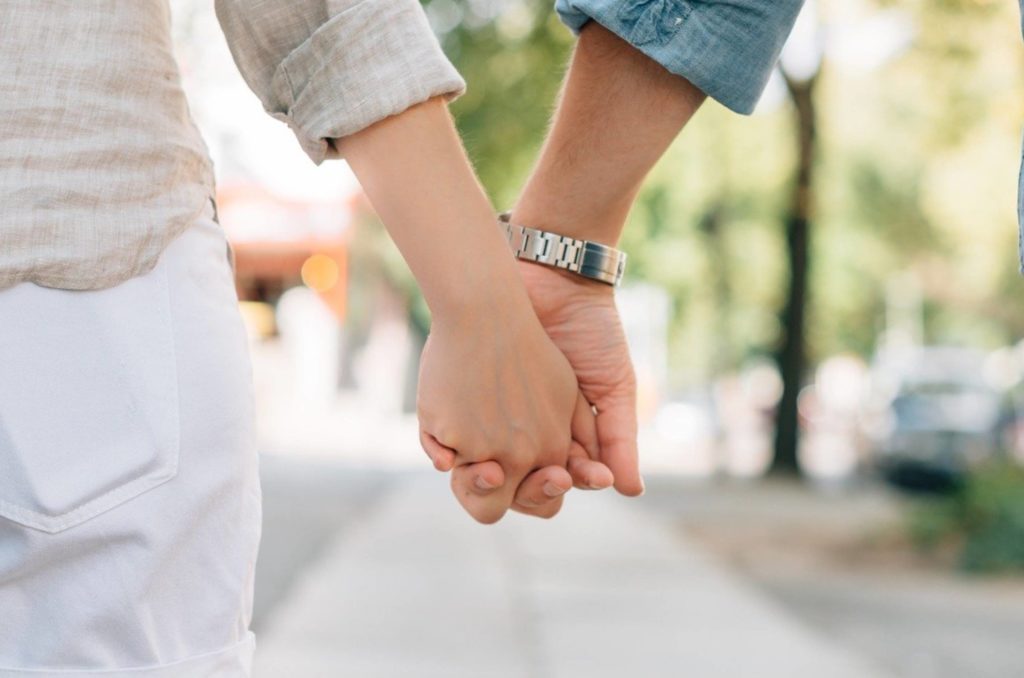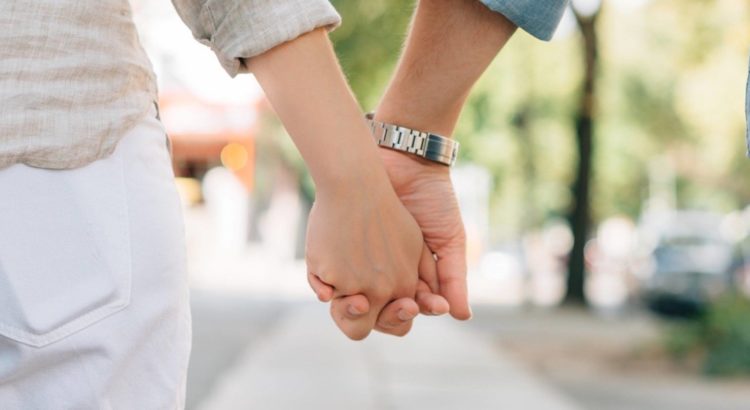Wellbeing has been threatened across the board
Mental Health Awareness Week is upon us so it is appropriate to focus on the impact of the COVID-19 crisis on the mental wellbeing of the nation. The emergence of a novel respiratory virus in early 2020 and, more importantly, the subsequent restrictions, have generated a potent combination of loneliness, fear and uncertainty, a perfect milieu in which emotional suffering can thrive. The imposition of lockdowns, social distancing and mask mandates — together with the strategic decision to inflate fear levels as a means of increasing compliance — have delivered a punishing assault on our mental health. The wellbeing of everyone has been threatened, many have succumbed to emotional problems for the first time, while those already struggling with particular psychiatric difficulties have endured extraordinary challenges.

By Christmas 2020, 1-in-4 young people felt ‘unable to cope with life’, with more than half experiencing high levels of anxiety. Research studies show that loneliness and isolation significantly increase depression and anxiety among children and adolescents. Many older adults endured mental anguish in the aftermath of the Government’s scare campaign, an Age Concern report stating that ‘a substantial group of elderly people … have been left frightened, depressed and very much alone’. In the first half of 2020, over 5,000 excess non-COVID deaths occurred in people with dementia; given the link between social isolation and premature death, it is plausible that restriction-related loneliness could have accounted for a significant proportion of these fatalities.
Although post-lockdown increases in suicidal thoughts were population wide, the rise was greater for those already struggling with psychological problems. The unrelenting emphasis upon contamination concerns will have ramped up distress levels for those with existing obsessive-compulsive and health-anxiety problems. Face coverings will trigger flashbacks for many victims of historical trauma. When these distressed people seek professional help, they find the quality of service provision has been compromised by a marked reduction of real human-to-human support and the therapeutic barriers intrinsic to the wearing of personal protective equipment.
While a future expansion of psychological support to these groups will be required to alleviate the emotional damage already inflicted, as of now the most effective way to aid recovery would be to lift all coronavirus restrictions and change the fear narrative surrounding them.

